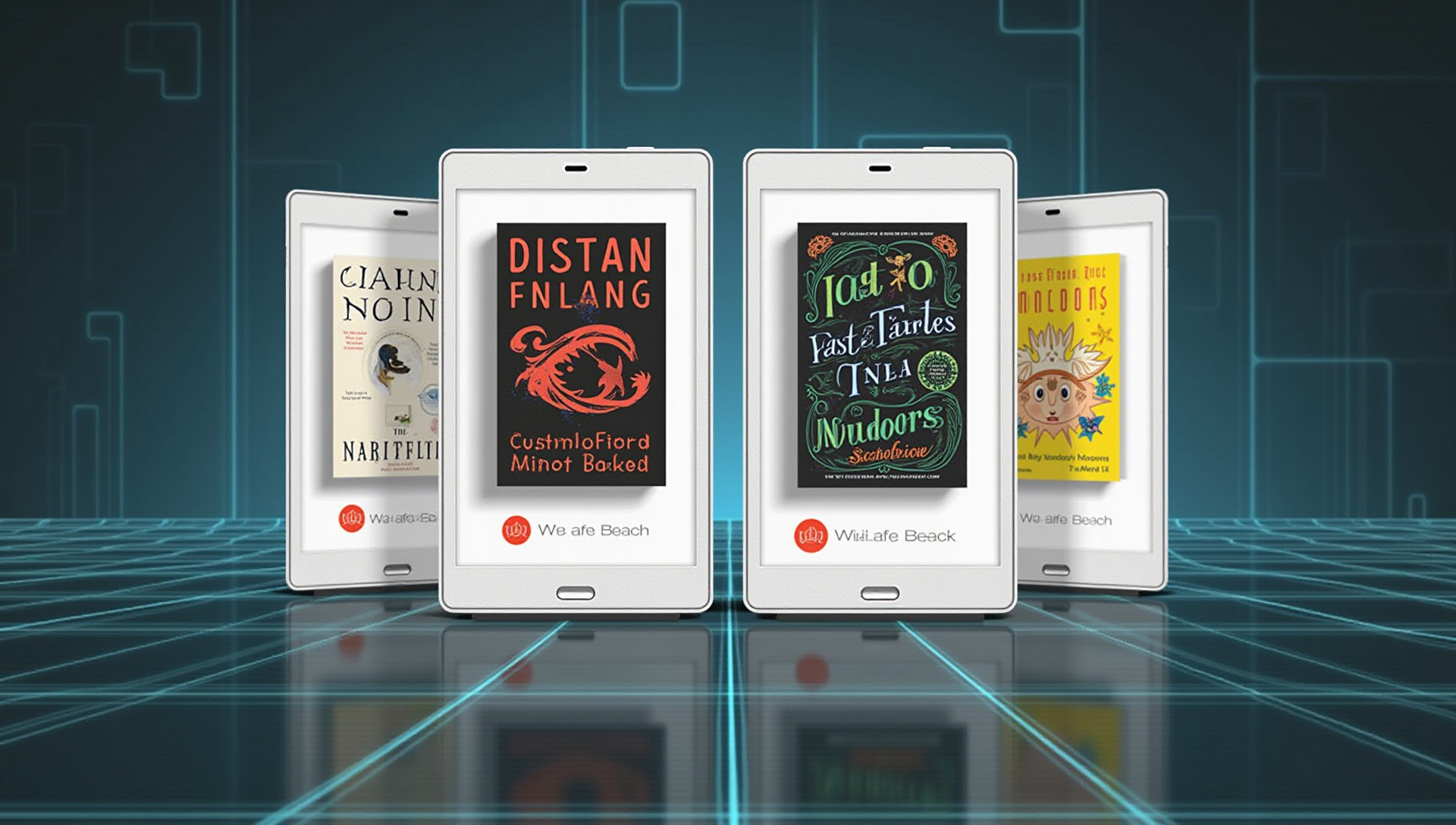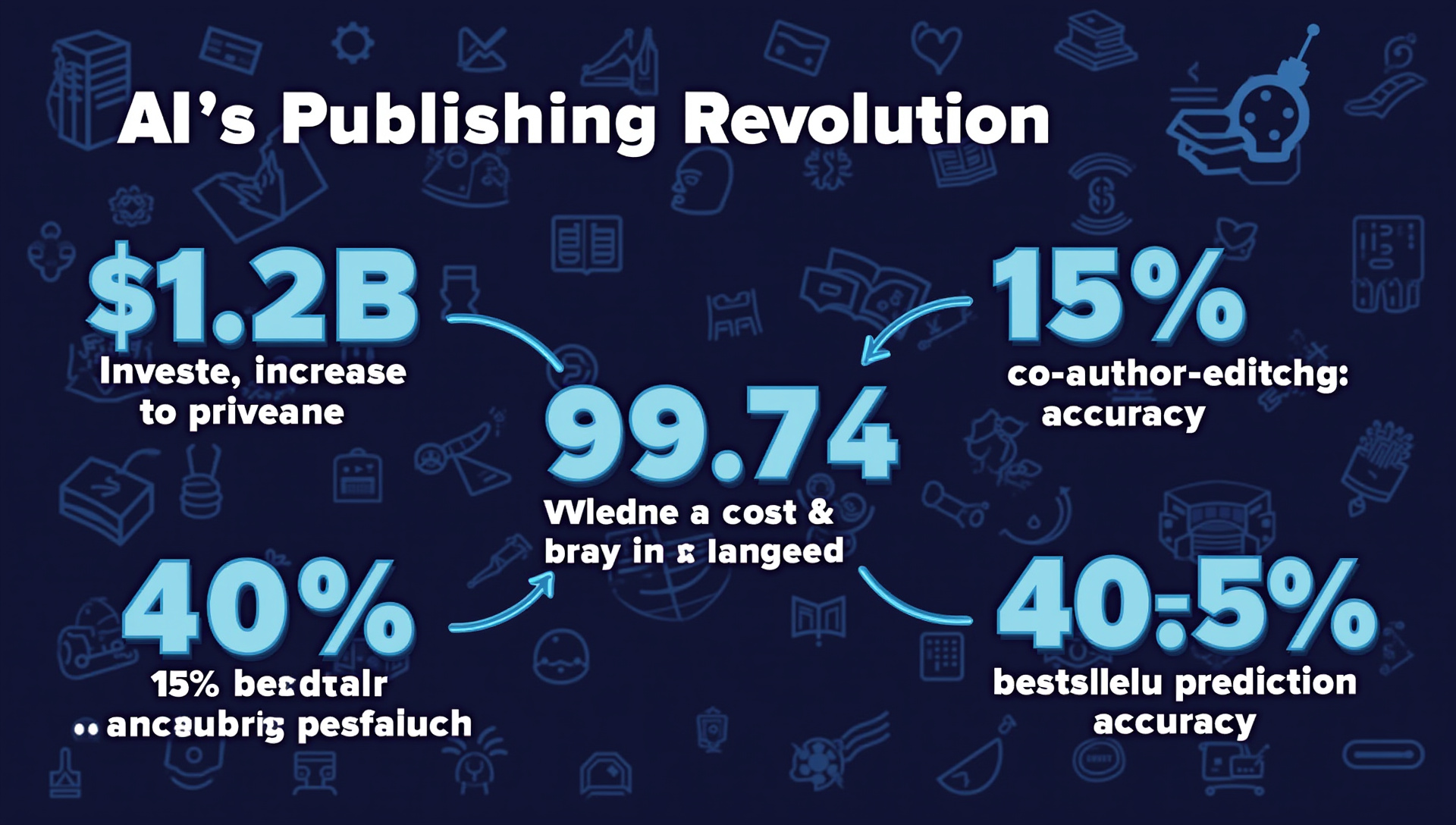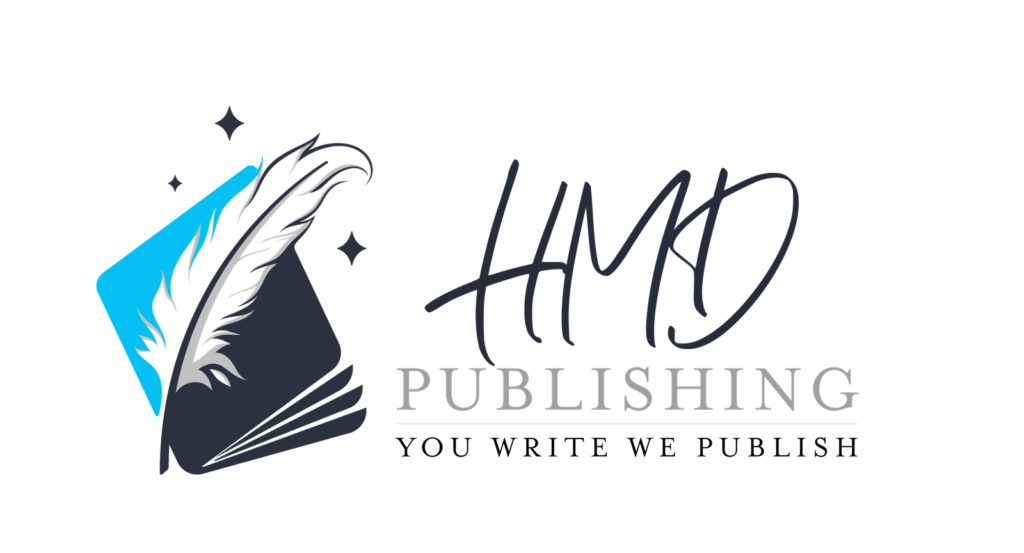The publishing industry is witnessing an unprecedented transformation as artificial intelligence technologies infiltrate every aspect of book production, from manuscript creation to reader experience. With over $1.2 billion invested in AI publishing tools since 2020, both traditional publishing houses and independent authors are navigating a landscape where creative processes are increasingly augmented by technological innovation.
The Dawn of AI in Publishing: From Automation to Creation
The publishing industry’s relationship with technology has evolved dramatically over the past decade. What began as basic automation tools for typesetting and formatting has transformed into sophisticated AI systems capable of generating and refining creative content.
Historical adoption of technology in publishing followed a cautious trajectory until around 2018, when advancements in natural language processing created new possibilities. Today’s AI tools don’t merely support publishing workflows—they actively participate in the creative process, offering capabilities that were science fiction just five years ago.

Generative AI: Redefining Authorship
The concept of authorship is undergoing a fundamental shift as AI writing platforms become more sophisticated. Leading systems like ChatGPT, Claude, Bard, and NovelAI are increasingly used as creative collaborators rather than simple tools.
The phenomenon of AI co-authorship saw a 15% increase between 2023-2024, reflecting growing acceptance among writers. Several bestselling titles in 2024 openly acknowledged AI assistance in their creation, sparking debates about creative attribution and authenticity in literary works.
These collaborations typically take various forms, from using AI to overcome writer’s block to employing it for plot development or character creation. For many authors, AI serves as an always-available writing partner that can generate ideas, suggest alternatives, or help maintain consistent voice throughout a manuscript.
Editorial Intelligence: AI’s Role in Crafting Better Books
The editing process has been revolutionized by AI tools that detect errors with up to 99.7% accuracy. These systems go beyond basic spell-checking to identify subtle stylistic inconsistencies and suggest improvements based on genre conventions and reader expectations.
Publishers report editing cost reductions of 40-60% when implementing AI-powered editorial workflows. This efficiency doesn’t just save money—it allows human editors to focus on deeper aspects of storytelling and character development rather than mechanical error correction.

Visual Storytelling Transformed: AI Cover Design and Illustrations
Book cover design has emerged as one of the most visible applications of AI in publishing. The market for AI-generated cover design is experiencing a 65% annual growth rate, reshaping visual expectations in the industry.
Comparisons between human-designed and AI-created bestselling covers reveal increasingly indistinguishable results. The technology now allows for rapid generation of multiple design concepts, enabling publishers to test different visual approaches before finalizing cover decisions.
Beyond static covers, AI is enabling personalized visual elements that can adapt to reader preferences or demographics. This customization represents a fundamental shift away from the one-cover-fits-all approach that has dominated publishing for centuries.
The New Economics of Publishing: Cost Structures Reimagined
Traditional publishing workflows typically involve months of development and significant labor costs across multiple departments. AI-enhanced processes can reduce production time from months to weeks while cutting costs by up to 50% for certain types of books.
These efficiencies are creating new business models where publishers can take more risks on experimental content or niche markets. The acceleration of time-to-market also allows for more responsive publishing strategies that can quickly capitalize on emerging trends or current events.
AI and Inclusivity: Expanding Access to Publishing
One of the most significant impacts of AI in publishing is the democratization of access. First-time authors have increased by 40% since widespread AI adoption began, representing a substantial lowering of barriers to entry in the industry.
Translation technologies now achieve 95% accuracy in literary translation, opening global markets to authors without the traditional cost barriers. Additionally, AI tools are creating new accessibility features for diverse reading communities, including adaptive formats for neurodivergent readers and those with visual or cognitive disabilities.

Literary Gatekeepers: AI’s Role in Acquisition and Discovery
Major publishing houses are increasingly utilizing predictive success algorithms that claim 75% accuracy in bestseller prediction. These systems analyze market trends, reader behavior, and content patterns to identify commercial potential in manuscripts.
AI-powered manuscript assessment tools evaluate elements like pacing, character development, and plot structure against successful models. While controversial, these systems are becoming standard practice in helping publishers navigate the overwhelming volume of submissions they receive.
Reader Experience Revolution: Personalization at Scale
The reading experience itself is being transformed through AI-driven personalization. Dynamic content adaptation allows books to subtly adjust based on reader preferences, creating slightly different experiences for different people.
Interactive AI elements are creating new hybrid forms of literature that respond to reader choices or questions. In the audiobook space, AI voices with emotional intelligence can adjust tone, pacing, and even accent to match listener preferences or story context.
The Literary Identity Crisis: Authenticity in an AI World
As AI becomes more integrated into the writing process, questions of authenticity and literary identity have emerged. Studies show that 62% of readers cannot consistently distinguish between AI-assisted and purely human writing, raising fundamental questions about how we value literary creation.
Authors express mixed feelings about maintaining their unique voice while utilizing AI tools. Many report developing specific workflows that leverage AI for research and structural support while preserving their personal creative judgment for thematic and stylistic decisions.
Ethical and Legal Frameworks Evolving
Copyright law faces unprecedented challenges with AI-generated content, particularly regarding ownership and attribution. Recent legal cases from 2023-2024 have begun establishing precedents around AI authorship and derivative works, though the landscape remains uncertain.
Industry organizations are developing standards for AI disclosure and attribution in published works. These emerging frameworks aim to provide transparency for readers while protecting the rights of both human creators and AI system developers.
Traditional Publishing Houses: Adapt or Perish
Major publishing houses show varying approaches to AI integration, from cautious experimentation to full-scale implementation. Workforce transformation data indicates a 30% shift in publishing job roles since 2022, with new positions emerging around AI management and prompt engineering.
Resistance to adoption typically centers on concerns about creative integrity and job displacement. However, market pressures are accelerating acceptance as early adopters demonstrate significant competitive advantages in production speed, cost efficiency, and market responsiveness.
Looking Ahead: The Next Chapter for AI in Publishing
Emerging technologies suggest the transformation is just beginning, with multimodal AI systems poised to further blur boundaries between different content forms. Experts predict human-AI collaboration will evolve toward specialized creative partnerships rather than replacement, with authors developing personalized AI assistants trained on their unique style.
The long-term implications for literature remain hotly debated, balancing concerns about homogenization against possibilities for unprecedented creative exploration. What’s clear is that the relationship between technology and storytelling is entering a new chapter where traditional definitions of authorship will continue to evolve.



